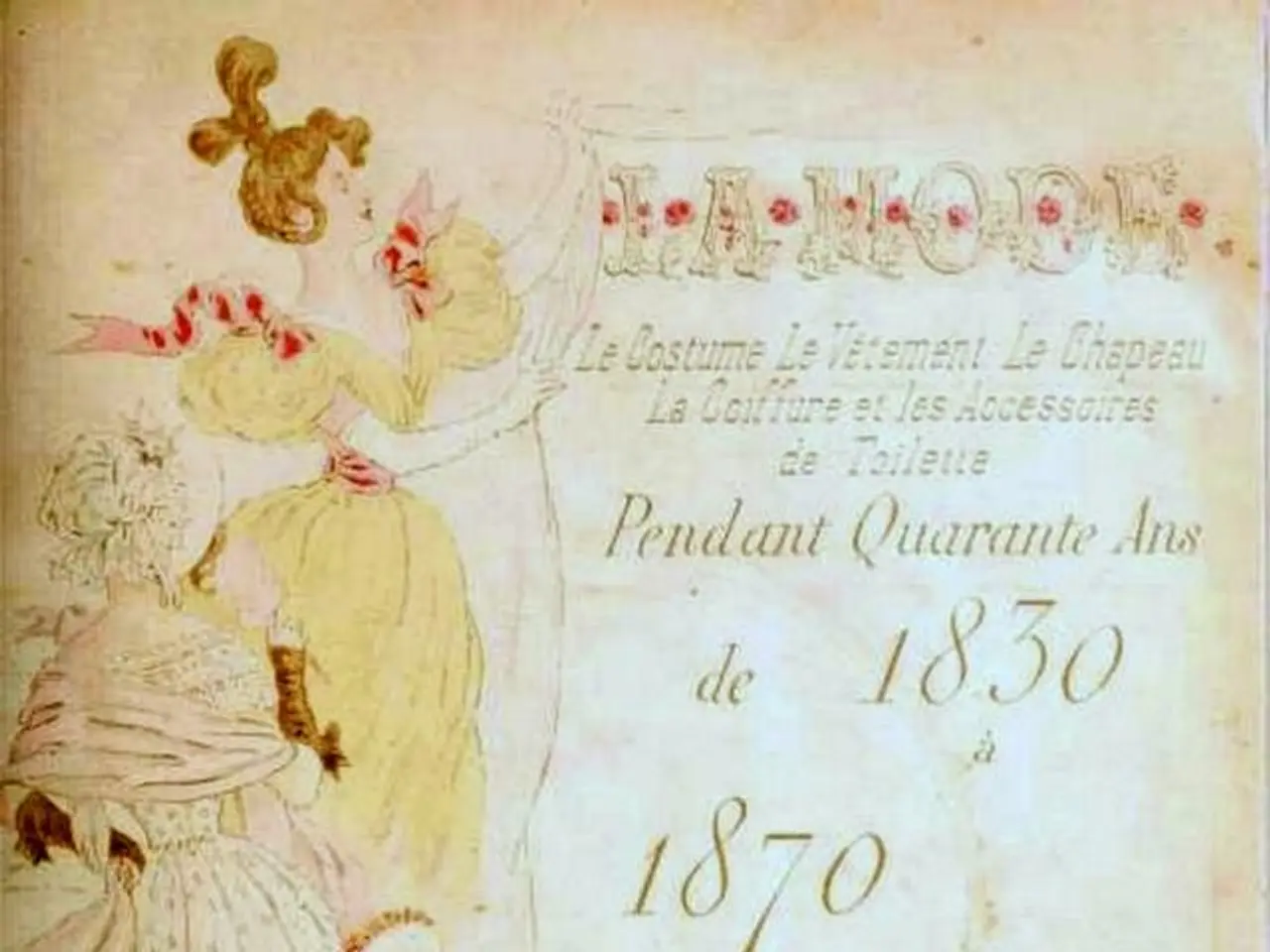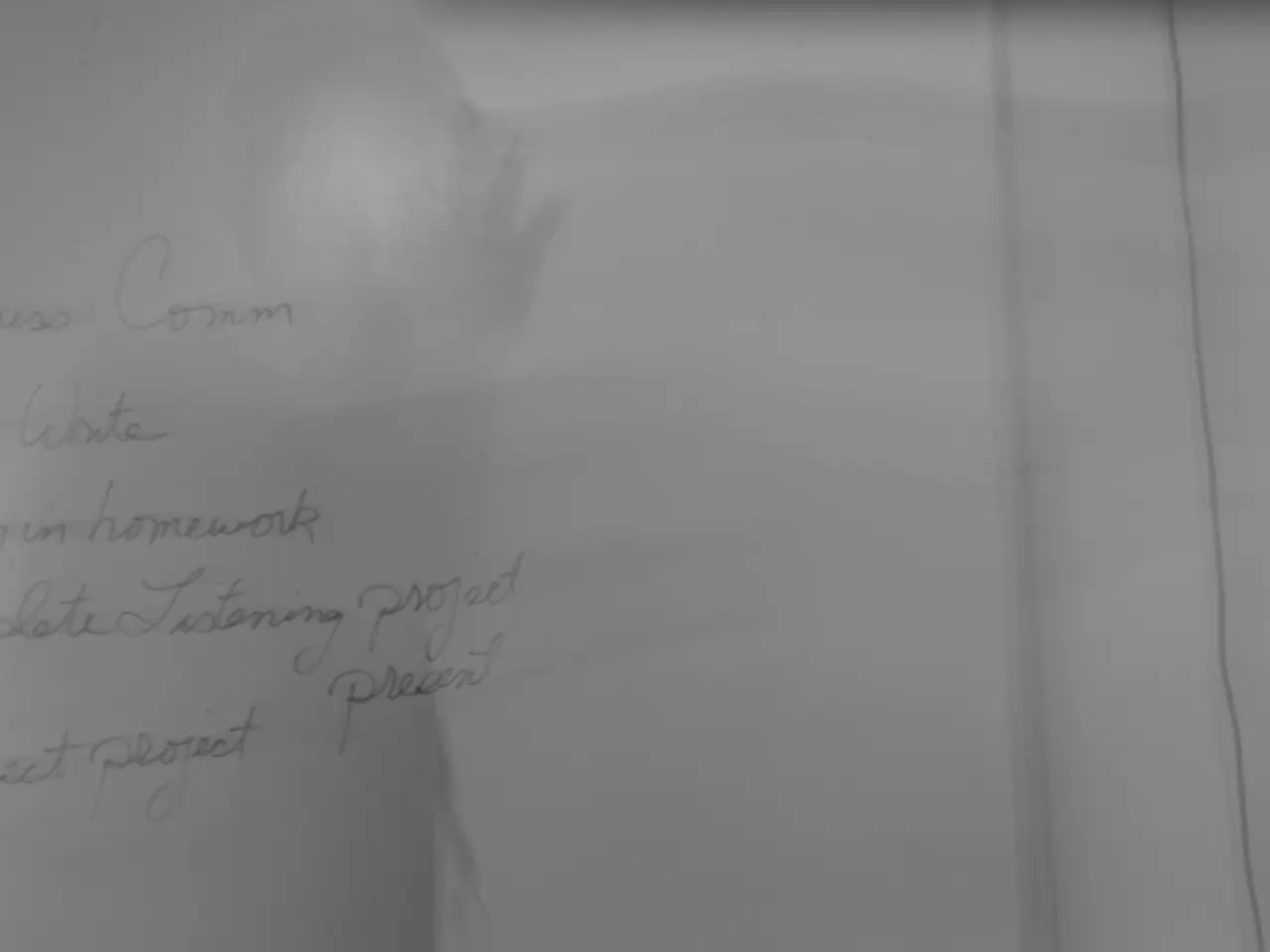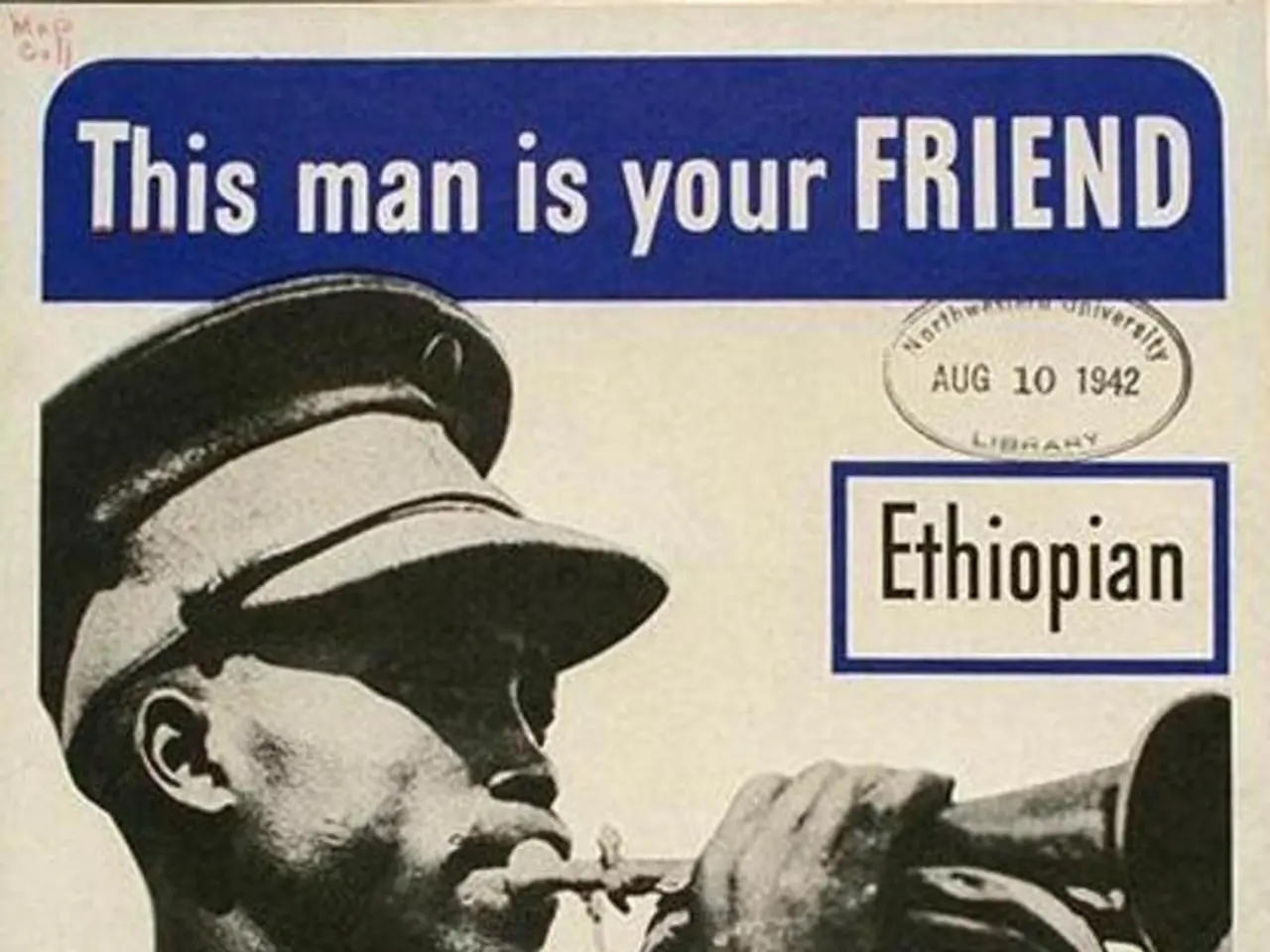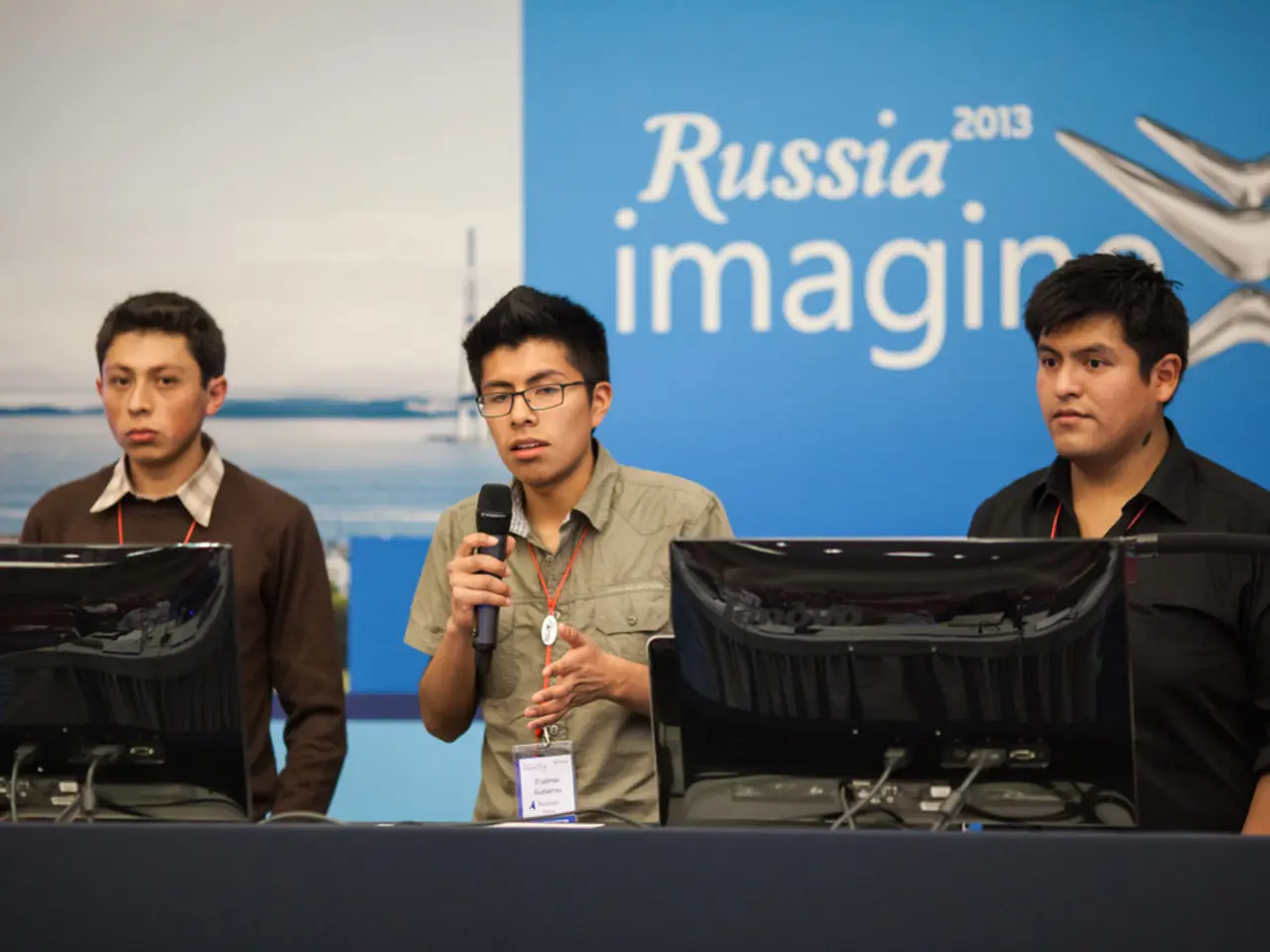A call for the downfall of wokism movement
=====================================================================
In the heart of Germany, a culture war is brewing, with the issue of gender-sensitive language taking centre stage. This battle, driven by the right-wing conservative community, aims not just at language but also at combating what they perceive as "wokeness" [1].
The controversy has divided society, regardless of whether individuals choose to use gender-neutral language or not. Several federal states, including Bavaria and Saxony, led by CDU Education Minister Karin Prien, have implemented a ban on gender-neutral language (gendern) [2][3]. This policy is unfavourable in the right-wing conservative community, much like the use of the generic masculine in the left-wing camp [4].
The ban on gendern is not surprising, given Weimer's political stance. Culture Minister Wolfram Weimer has implemented a similar ban in official communications, claiming that forced gendering does not reflect the way the majority of Germans speak and that inclusive language deepens the division in our society [1].
The ban on gender-sensitive language sends a clear signal that non-binary and trans people are not considered in language and are effectively excluded [5]. This exclusion contributes to feelings of marginalization and invisibility in public life and institutions.
Critics argue that such bans marginalize minority identities, limiting recognition and respect in language and official communication. Language plays a critical role in social inclusion. Banning gender-sensitive language contradicts efforts aimed at inclusivity, potentially undermining broader diversity and equality goals, especially concerning gender minorities.
The issue is part of a larger debate balancing free speech, cultural tradition, and the evolving recognition of gender diversity. Some see the ban as protecting linguistic tradition from politically imposed changes, while others view it as a form of censorship against progressive language that supports marginalized groups [1][5].
DebatteDie, an independent, left-wing, and opinionated daily newspaper, presents conflicting positions across a broad left-wing spectrum. DebatteDie has been publishing comments, essays, and debate texts since its foundation in 1979 [6].
This controversy mirrors global tensions over trans and non-binary inclusion, where, for example, in the UK, there have been disputes over trans inclusion and acknowledgment in language and public services [7]. Such policies often provoke strong reactions from both advocates for LGBTQ+ rights and conservative factions.
In sum, the ban on gender-sensitive language in German official communication is controversial because it restricts the visibility and validation of non-binary and trans people in government discourse, symbolizes a pushback against evolving gender inclusivity movements, and highlights ongoing cultural and political conflicts about language’s role in social identity and cohesion [1][3][4][5].
[1] The Local [2] The Guardian [3] Deutsche Welle [4] The Independent [5] The New York Times [6] DebatteDie [7] Pink News
- The controversy over gender-sensitive language in German official communication is an example of policy-and-legislation in politics, as it involves debates about the use of inclusive language in government discourse.
- This discussion about gender-neutral language in the heart of Germany is a part of the general-news landscape, being a subject of interest not only in German media but also in international outlets like The Local, The Guardian, Deutsche Welle, The Independent, The New York Times, and Pink News.






